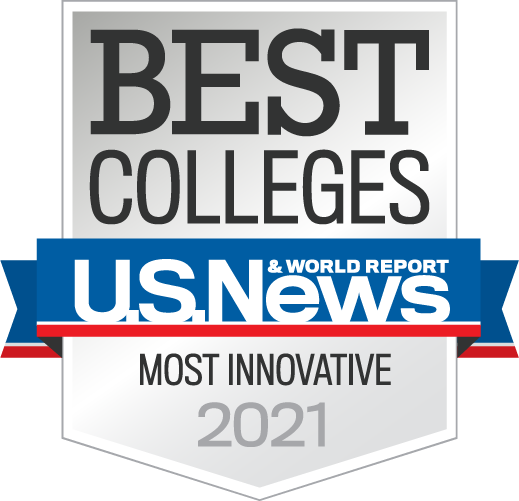Hayabusa2 returns to EarthLaunched in 2014, JAXA's Hayabusa2 is a spacecraft with a 6-year mission to intercept and sample the Class C asteroid Ryugu-162173, and return samples to Earth. The spacecraft departed Ryugu in December of 2019, and returned samples to Earth December 5, 2020*. ASU School of Earth and Space Exploration Director Meenakshi Wadhwa is a member […] |
Virtual tour of the Isotope Cosmochemistry and Geochronology LabEver wondered what it takes to be a Cosmic CSI Detective? Take a tour of the lab with PhD Candidate Soumya Ray! […] |
New addition to the lab!The Wadhwa Research Group has a new family member: A Thermo Neptune Plus multi-collector mass spectrometer! Installed and set up next to the first Wadhwa Neptune, the Neptune Plus is now up and running, and ready to analyze. The Neptune's plasma is as hot as the surface of the Sun, essential for stripping electrons to […] |
Meenakshi Wadhwa featured on CBS Sunday MorningSchool of Earth and Space Director Meenakshi Wadhwa was recently featured on CBS Sunday Morning, discussing the importance of meteorites. Click here to read the article and watch the video! […] |
Congratulations, Dr. Zachary Torrano!The Center for Meteorite Studies congratulates Dr. Zachary Torrano, who successfully defended his doctoral dissertation June, 30th (which, by happy coincidence, is Asteroid Day)! Early Solar System Processes and Parent Body Relationships Recorded by Chromium and Titanium Isotopes in Meteorites Meteorites and their components can be used to unravel the history of the early […] |
Sign In / Sign Out
Navigation for Entire University



